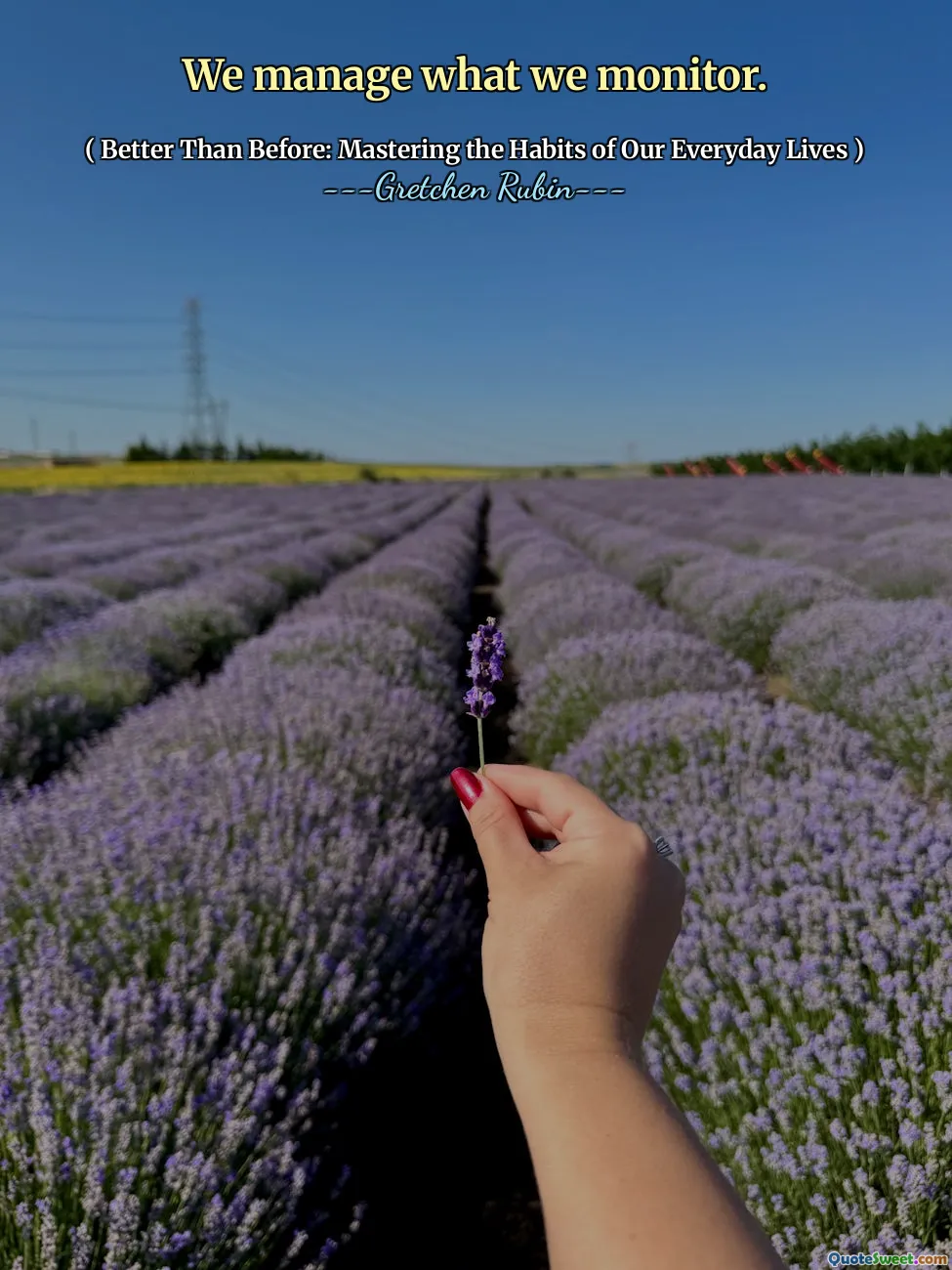
We manage what we monitor.
Monitoring plays a crucial role in effective management and personal development. When we pay close attention to our habits, behaviors, and progress, we gain valuable insights into what works and what doesn't. This awareness allows us to make informed adjustments, prioritize tasks, and set realistic goals. For example, tracking daily habits can reveal patterns that either propel us forward or hold us back, enabling us to reinforce positive routines and address negative ones. In the broader context of project management or organizational leadership, diligent monitoring ensures resources are utilized efficiently and objectives are met. Without measurement or oversight, efforts often become unfocused, and issues go unnoticed until they escalate. The act of monitoring creates accountability, providing a clear picture of our progress and helping us stay aligned with our intentions. Moreover, technology makes it easier than ever to monitor various aspects of our lives, from fitness metrics to financial spending, allowing for data-driven decisions. However, monitoring isn't only about supervision; it also involves reflection and timely intervention. This concept ties deeply into the philosophy that consistent oversight and awareness lead to better control and, ultimately, success. As outlined in 'Better Than Before: Mastering the Habits of Our Everyday Lives' by Gretchen Rubin, understanding our habits through vigilant monitoring can transform how we approach change and improvement. It underscores the importance of intentional awareness, making monitoring a fundamental component of growth, discipline, and effective management.







